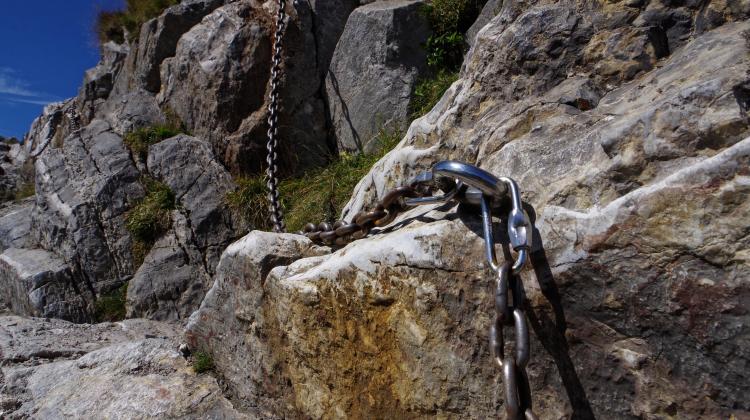Wrocław Scientists Co-Create World-Changing Technology
 Credit: Fotolia
Credit: Fotolia
An international project co-created by scientists from the Faculty of Geoengineering, Mining and Geology at the Wrocław University of Science and Technology has been named among 1,000 modern technologies that are changing the world.
Named Disire, meaning Distributed in situ Sensors into Raw Material and Energy Feedstock, the EUR 6 million project which took three years to develop uses smart technology to help process raw material in copper production.
Working with KGHM Polska Miedź, scientists from Wrocław carried out one of the four research topics of the "Disire" project, which involved examining the application possibilities of the 'smart' output stream technology.
According to university project leader Professor Robert Król, the most energy-intensive technological process in copper production is the processing of raw material sent from mines to ore enrichment plants.
He said: “While we all know the geological structure of the exploited deposit, the percentage share of individual components during extraction, this information is +lost+ when the ore is already in the ore enrichment plant. During transport, the ore from different places is mixed up and we do not know which bath is going to be enriched and therefore, what its exact composition is.”
This causes difficulties in the perfect adjustment of processes to the characteristics of the raw material. He said: “Knowing the percentage of individual fractions such as sandstone, dolomite or slate makes it possible to optimally prepare process parameters, and thus save energy, increase yield and reduce waste."
To solve these problems, the Wrocław scientists used intelligent sensors - RFID tags called pellets to record information on qualitative and quantitative parameters of the extracted ore. They were then placed in the raw material stream. The ore with tags went to the ore enrichment plant, but earlier measuring devices could read information about its composition.
Professor Król said: “We have completed the first stage of the assessment and have been positively evaluated by the European Commission. We intend to create an empirical model of ore flow in the mine, which will use databases available in the mine (without the use of RFID tags) to identify ore along the route, taking into account its transport time, stops, etc., and report ore parameters to ore enrichment plants.”
As part of the InMine project, the team together with the Finnish research unit VTT Technical Research Centre and several other partners is seeking funding for research that is a continuation of the project.
The list of 1,000 modern technologies that are changing the world is being prepared by the Solar Impulse Foundation. The selected projects are also awarded the Solar Impulse Efficient Solution Label. The goal is to promote efficient and cost-effective solutions that have a positive impact on the environment and quality of life.
PAP - Science in Poland, Piotr Doczekalski
pdo/ agt/ kap/
tr. RL
Przed dodaniem komentarza prosimy o zapoznanie z Regulaminem forum serwisu Nauka w Polsce.















